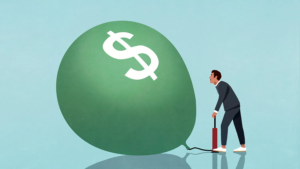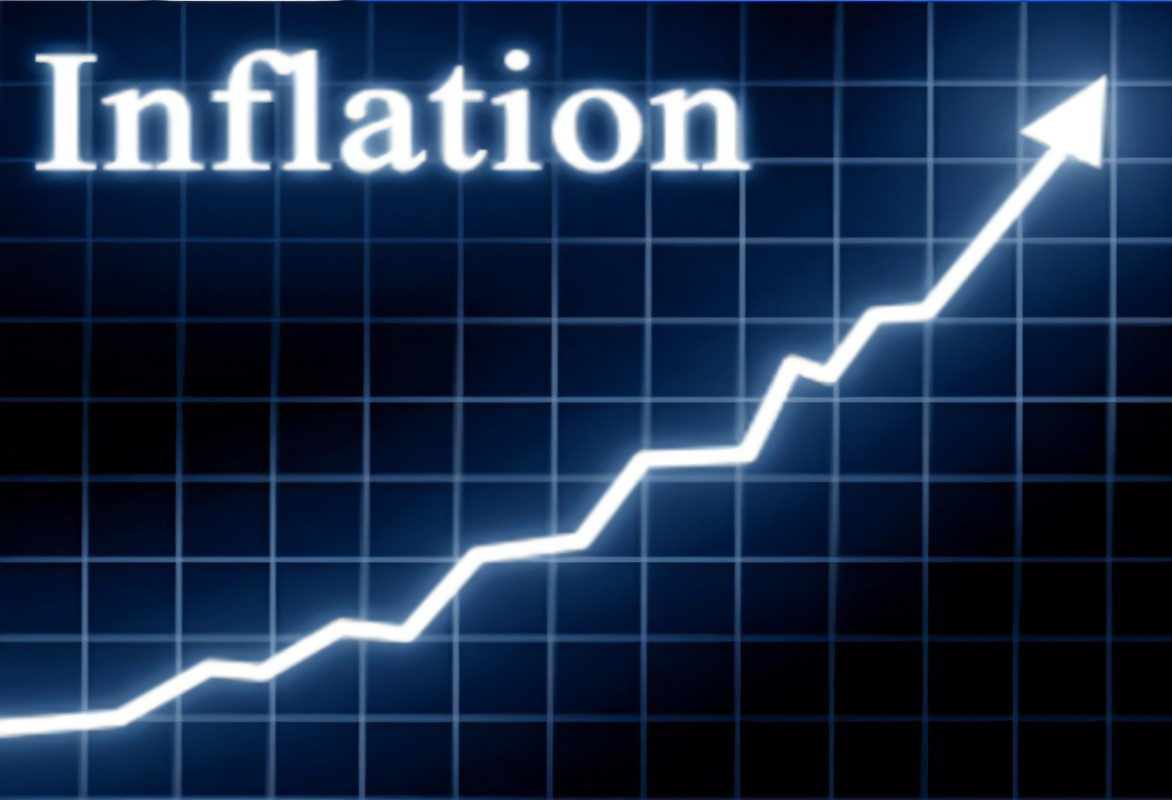In July, consumer confidence regarding inflation showed a significant shift, as the New York Federal Reserve’s monthly Survey of Consumer Expectations reported a record low in the three-year inflation outlook. According to the survey, consumers now anticipate inflation to fall to 2.3% within the next three years, marking a substantial decrease of 0.6 percentage points from June and setting the lowest expectation since the survey’s inception in June 2013.
This dip in long-term inflation expectations comes despite consumers foreseeing continued elevated inflation in the short term. The survey’s results indicate that while inflation is expected to remain higher over the next year, it is projected to recede over the following years, easing concerns about persistent high inflation.

The improved three-year outlook is a critical factor for both policymakers and investors, who closely monitor inflation expectations to gauge future economic conditions. These expectations influence consumer and business behaviors, which in turn can affect actual inflation outcomes. The Federal Reserve, which has been aggressive in its rate-hiking cycle to combat inflation, may find these results encouraging as it considers its next steps. The market has already priced in the possibility of at least a quarter-point rate cut in September, with some anticipating a full percentage point reduction by year-end.
However, while the medium-term outlook is more optimistic, expectations for inflation over the next one and five years remain unchanged at 3% and 2.8%, respectively. This suggests that while consumers are hopeful for a decline in inflation, they are still cautious about the immediate future.
There was further positive news in the survey regarding specific consumer goods. Expectations for the increase in gas prices over the next year dropped to 3.5%, down 0.8 percentage points from June, while the expected rise in food prices also edged down slightly to 4.7%. Additionally, household spending growth expectations fell to 4.9%, the lowest level since April 2021, indicating a potential cooling of demand pressures that have contributed to inflation.
Conversely, the survey highlighted concerns in other areas. Expectations for cost increases in medical care, college education, and rent have all risen. Notably, the anticipated increase in college costs jumped by 1.9 percentage points to 7.2%, while rent, a key component of the inflation basket, is expected to rise by 7.1%, up 0.6 percentage points from June. These rising costs in essential sectors could complicate the overall inflation picture and pose challenges for the Federal Reserve’s efforts to bring inflation down to its 2% target.
Employment expectations also reflected a mixed economic sentiment. Despite a rise in the unemployment rate, consumers felt more secure in their jobs, with the perceived probability of losing one’s job falling to 14.3%, a slight improvement. Furthermore, the expectation of voluntarily leaving a job, often seen as a sign of confidence in the labor market, increased to 20.7%, the highest since February 2023.
Overall, while the record low in the three-year inflation outlook is a positive sign, the mixed signals from other economic indicators suggest that the path to stable, low inflation may still face significant hurdles.


















